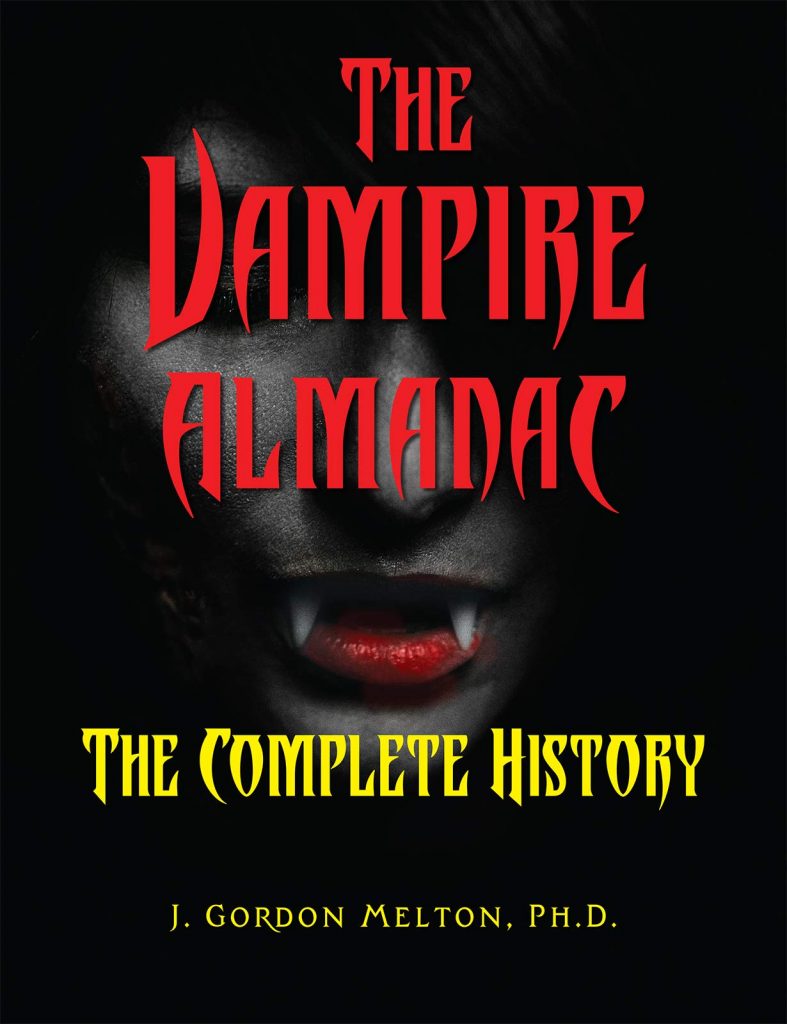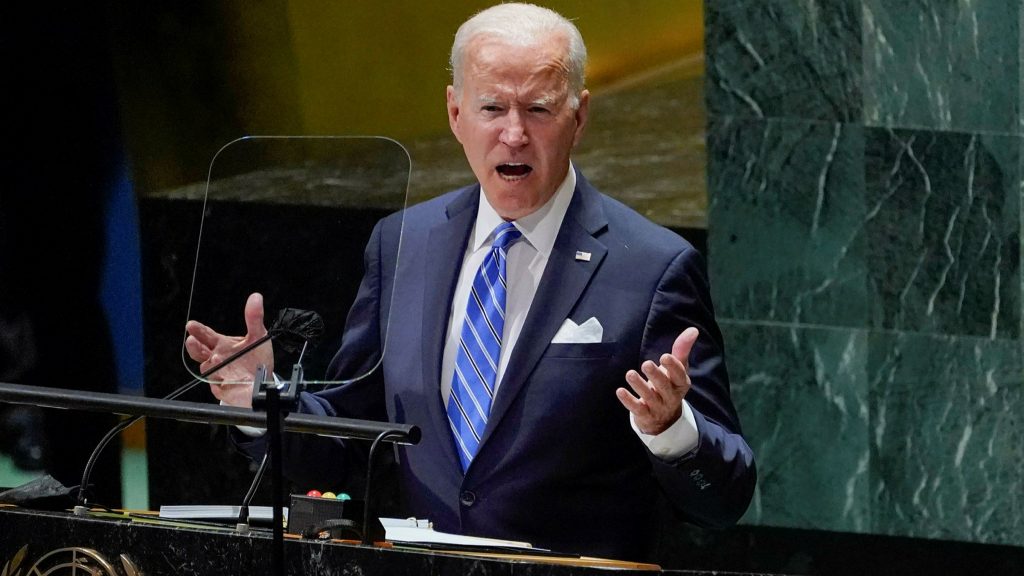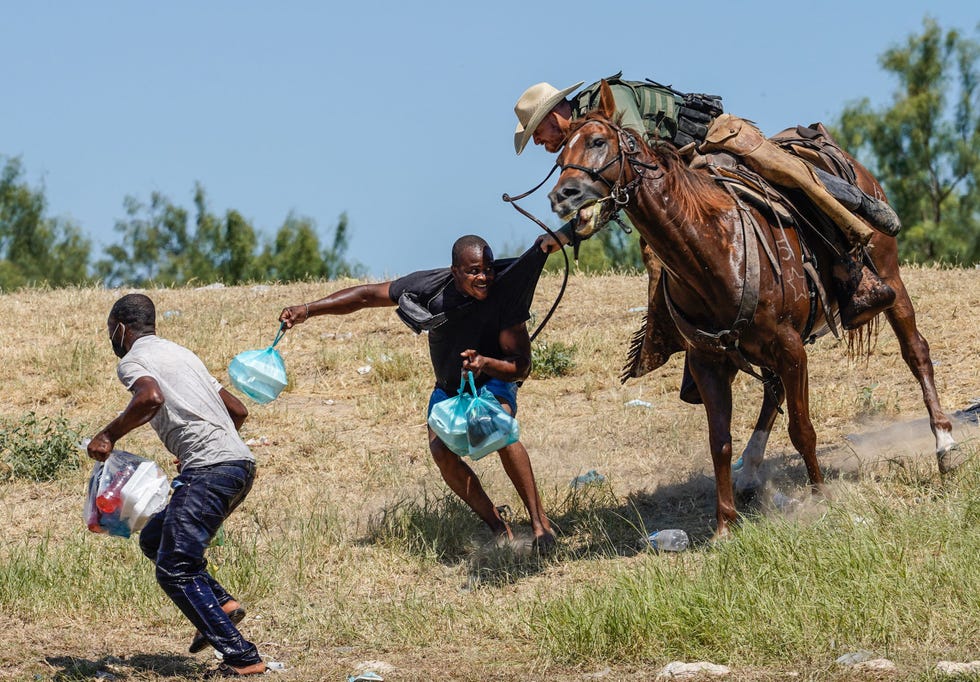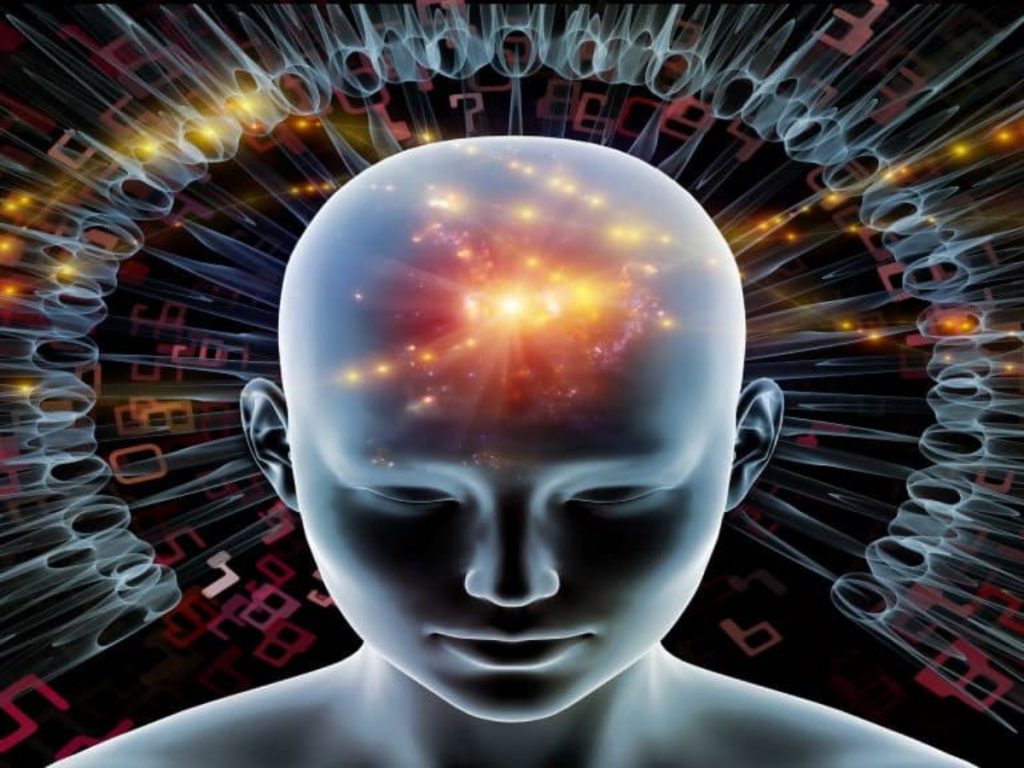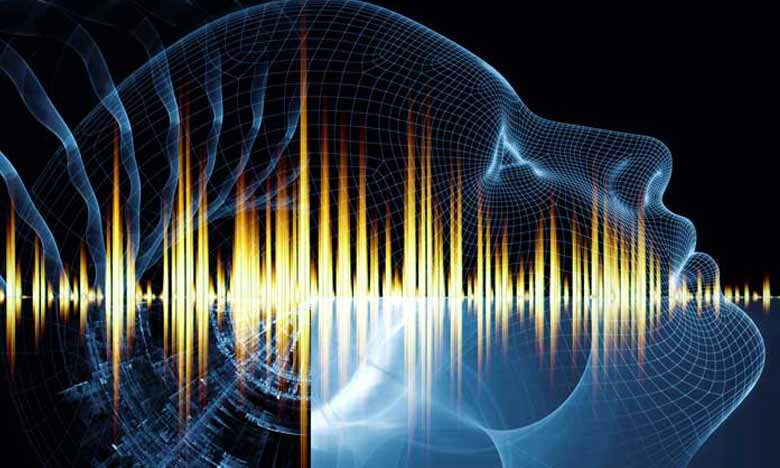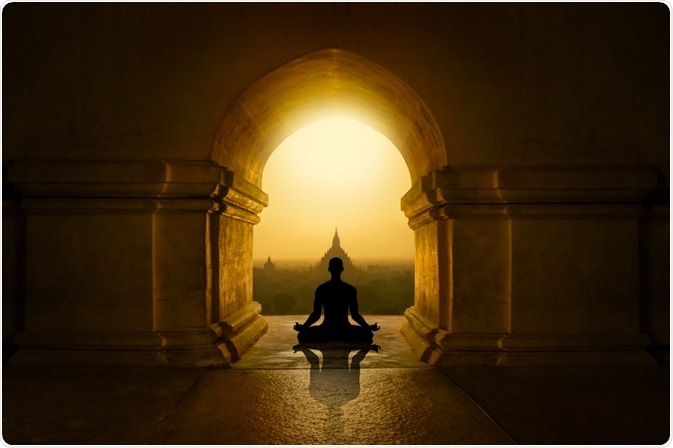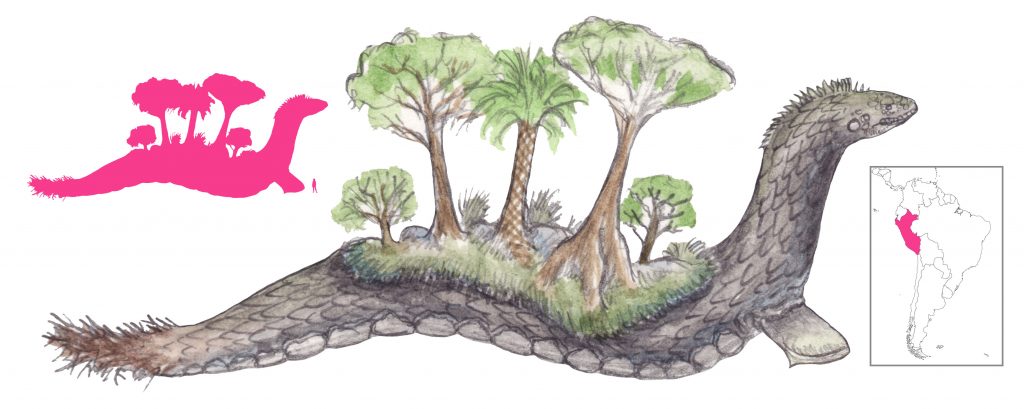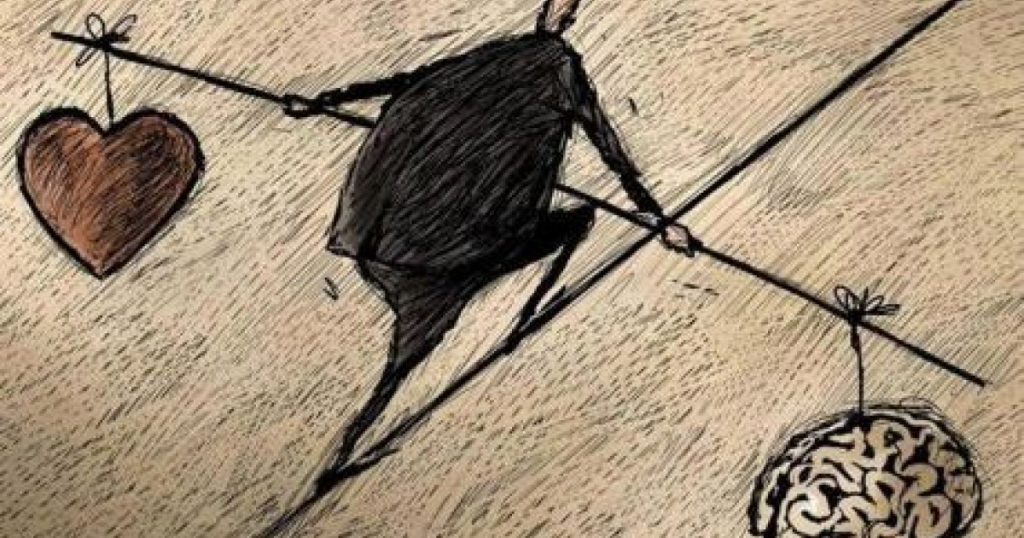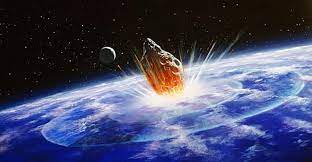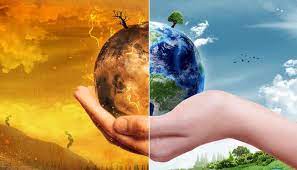Feeling rather low after staying up past midnight watching the news, I stepped into the backyard to look at the stars before going to bed. There was a stupendously clear sky to the east, the clearest night sky in months given the wildfires still burning in northern California. The sight stopped me in my tracks.
Orion, a fall and winter constellation at this latitude, had just risen above the horizon. High above it I could see nearly all ‘seven sisters’ of the Pleiades. A waning moon hung between the two constellations, bright though not diminishing the brilliance of the stars.
Instantly everything but that beauty and mystery fell away, all personal and political problems. I stood agape, and gratitude welled up within.

Whitman’s poem came to mind:
When I heard the learn’d astronomer, When the proofs, the figures, were ranged in columns before me,
When I was shown the charts and diagrams, to add, divide, and measure them,
When I sitting heard the astronomer where he lectured with much applause in the lecture-room,
How soon unaccountable I became tired and sick,
Till rising and gliding out I wander’d off by myself,
In the mystical moist night-air, and from time to time,
Look’d up in perfect silence at the stars.
With reluctance I came in and went to bed. I awoke with fundamental metaphysical questions. The questions haven’t yielded liberating insight, despite the urgency to find out.
However the distinction and relationship between the contemplative life (intimated by Whitman’s poem) and philosophical inquiry seems clearer.
Twenty-five years ago when I was asked what I do, and I replied ‘I do philosophy and write,’ I invariably received a blank stare. These days nearly everyone seems to think they’re a philosopher. It’s true that everyone can do philosophy, but there are still very few true philosophers.
‘Academic philosopher’ is an oxymoron, but there is no other kind in America. Philosophers are born and arduously develop; they’re not made and trained. I wouldn’t wish being a philosopher on anyone, even as I wouldn’t want to do anything other than philosophy.
A person who relentlessly questions things and searches for the truth is not just a rare bird, but rather a freak. As much lip service is paid in this culture to ‘critical thinking,’ and ‘question authority,’ authentic philosophers are seen as gadflies, unrecognized even as philosophers.
Part of the reason is that true philosophers don’t specialize. A philosopher is not an ‘expert’ at anything, but rather the ultimate generalist, asking questions that cut below and beyond particularities of place and time, culture and conditioning.
Since most intellectuals, including many putative philosophers, believe that there are only particularities of place and time, culture and conditioning, a genuine philosopher has no place, at least in this culture.
Is it that philosophers are only needed during the formation of societies, or during their collapse?
Despite the parlous condition of American culture and Western civilization, specialization, expertise and scholarship continue to take precedence over wholeness, simplicity and childlike inquisitiveness.
The essential flaw of Western philosophy is that relies too much on reason and rationality. The seemingly unbridgeable gulf between contemplatives and philosophers in the West has its roots in the conception of philosophy as an entirely intellectual endeavor.
In actuality, daily stillness of mind is essential to doing good philosophy. Indeed, the essence of thinking is stillness, which means complete attention and not thinking at all.
To build thinking and philosophy on thought is to build a house of cards. That’s why no system of philosophy has ever withstood the test of time.
Certainly many philosophers have had original insights that have advanced civilization, East, West and Middle East. Western civilization owes its foundation to the ancient Greek explosion in philosophy. But Western civilization has run its course, even as it has overrun the world.
Scientific and skillful knowledge are accurate accrual of the past. Most of the knowledge we have is useless and prejudicial however, the conditioning from personal experience, which often involves personal hurts and racial privilege or oppression.
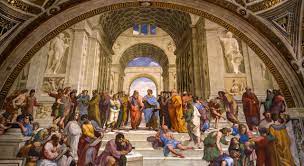
Racism and white privilege are a fact, but a philosopher does not make it the lens through which he or she does philosophy. To insist that lighter skinned people cannot understand the experience of a darker skinned people, and therefore there must be a distinct philosophy for black and brown people, is to deny the existence of philosophy, which is universal in its questions and concerns.
A true philosopher ‘reinvents the wheel.’ Not to build a better wheel, but because asking the perennial questions anew, however many times they’ve been addressed before, is the wellspring of inquiry and new insights. Moreover, there is no such thing as ‘accumulated wisdom.’
There cannot be clear thinking unless one deeply sees the place of thought. The essence of clear thinking is not any kind of thought process, however logical. The essence of clear thinking is observing without thinking or thought.
Can one think without the thinker? Yes, just as one can observe without the observer.
The thinker, like the observer, is inherently conditioned, whether by culture, family, experience or knowledge. Thinking on things, which is essentially a matter of questioning, can be done without the lenses of conditioning, experience and knowledge.
Philosophy is not about the accumulation of knowledge, however scientifically accurate, but about insight and understanding, which are always of the present.
Martin LeFevre
The post Philosophers Don’t Specialize first appeared on The Costa Rican Times.
